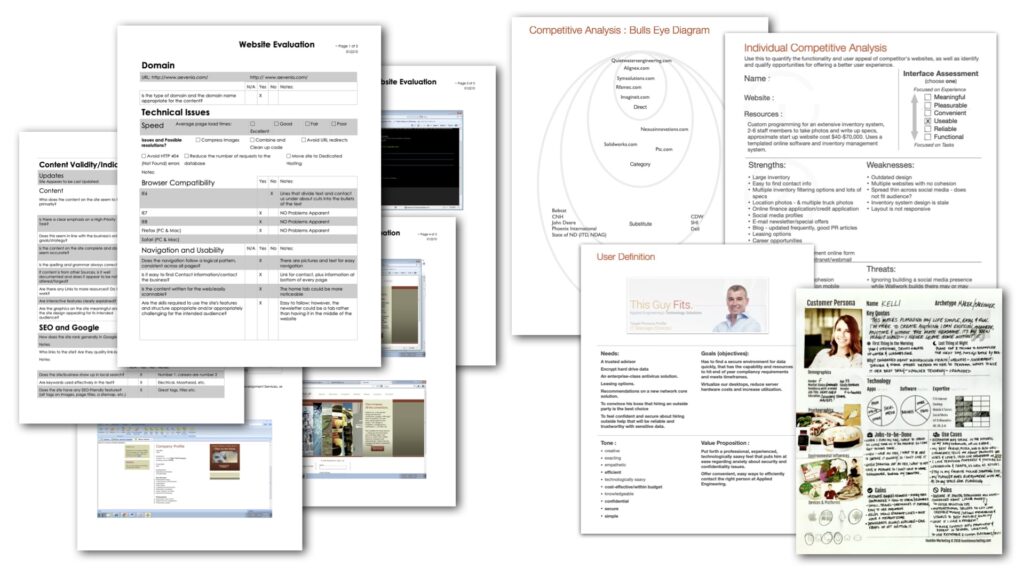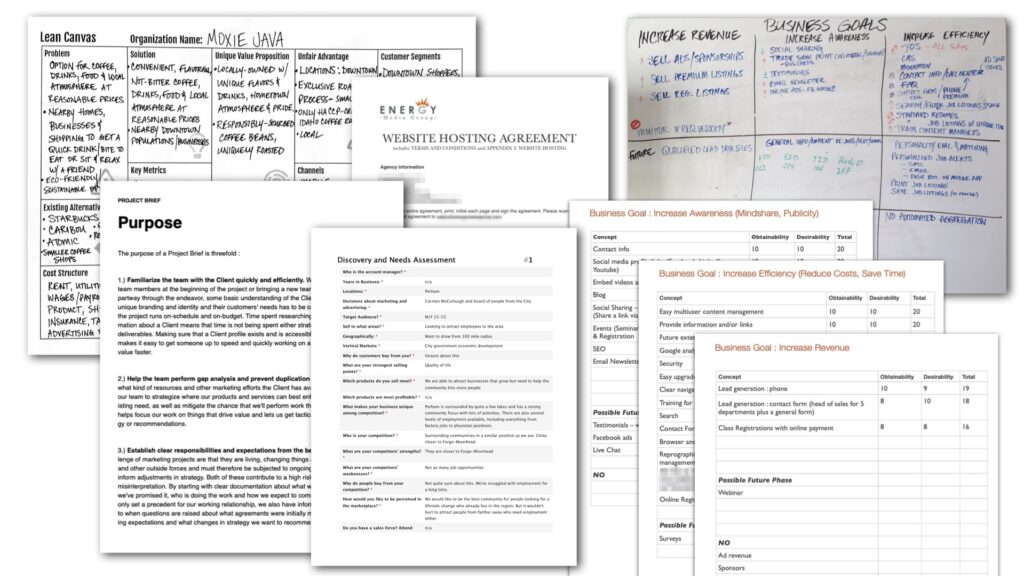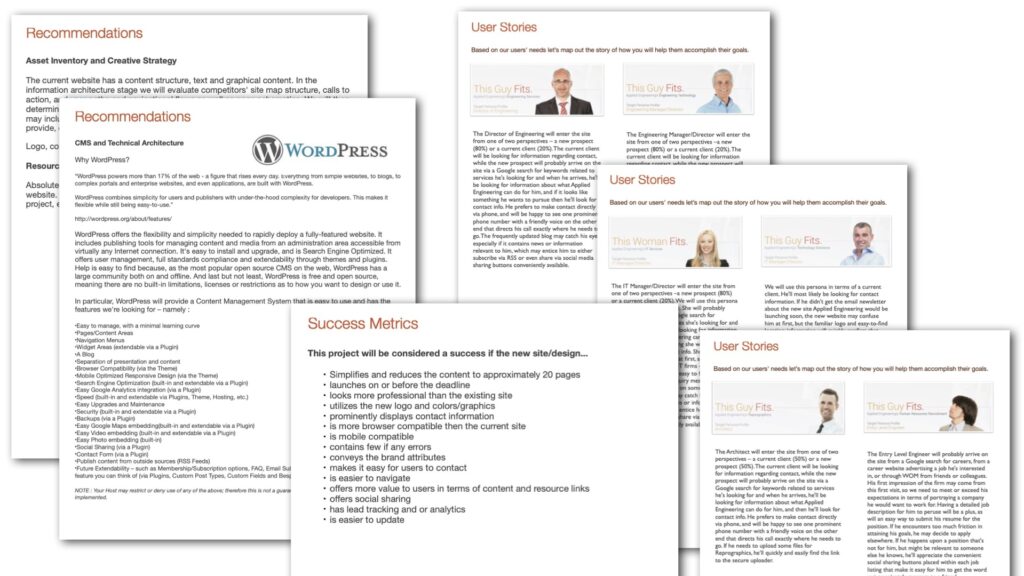How can we start projects effectively?
I developed and refined the processes and systems showcased in this case study through real-world experience and research over the course of my career.
I worked with multiple cross-functional teams and individuals in various organizations to learn best practices along with their existing processes and preferences. With their guidance and feedback, I iteratively adjusted my strategies and products to better serve their needs and business goals.
Situation, Problems, and Opportunities
In the beginning of my career, I joined ongoing projects, concentrating on particular tasks within bigger goals.
Sometimes things went well, but other times problems emerged.
To improve how often projects succeeded, I began looking into the differences between projects that did really well. Successful projects had:
- Strategic Planning and Budgeting: Efficient planning and budget allocation with early insights from people who were tasked with doing the work.
- Client-First Project Management: Building client trust through focused onboarding, clear expectations, and consistent communication.
- Collaborative Adaptability: Effective teams with necessary resources, working towards measurable objectives.
I realized that one of the key questions to address our problems was:
How can we start projects effectively?
Research and Exploration
Since I wasn’t directly involved in Business Development, I realized I didn’t fully grasp the initial stages of the process. Driven by curiosity and determination, I began a quest to find out how clients were brought in and projects began.
I delved into extensive research of business development practices, involving immersive discussions with seasoned colleagues who generously shared their expertise. I sought to understand the nuances of client acquisition, proposal development, and the strategic decision-making that fueled the initiation of projects.
Actions and Results
As my understanding deepened, I recognized the need to connect my insights with the project initiation phase. This led me to successfully persuade account managers to involve me and consider my input before starting projects. My role grew beyond its original scope, encompassing pivotal tasks that set the foundation for successful projects:

Client Fit Assessment and Vision Creation
I collaborated closely with sales teams, leveraging my newfound insights, to holistically evaluate client compatibility with our business. Together, we crafted compelling product and project visions that aligned with both the client’s needs and our capabilities.

Comprehensive Proposal Development
Assisting business development teams, I contributed to the construction of meticulously detailed proposals, contracts, master service agreements, statements of work, and project roadmaps. These documents not only outlined the project scope but also addressed resource allocation, budgeting, and scheduling to ensure alignment with client expectations.

Tailored Solutions for Clients
Recognizing that each client’s financial constraints and internal resource challenges were unique, I became adept at offering bespoke solutions that catered to their specific circumstances. These tailored approaches not only solidified client trust but also paved the way for more effective project execution.
Effective project launches can be achieved through a strategic and thoughtful approach. By immersing myself in the essential stages of project initiation, I gained invaluable insights into the challenges, complexities, and opportunities inherent in transitioning from the initial client interaction to project execution.
This comprehensive understanding enabled me to document the entire journey, systematically identifying gaps, obstacles, and opportunities for improvement. My direct involvement in deliverable creation and proactive collaboration across functions further enriched my perspective, equipping me to contribute effectively at the inception of projects and drive successful outcomes.
